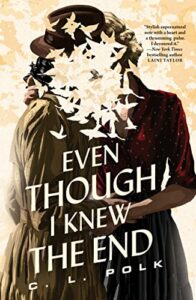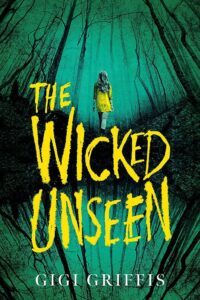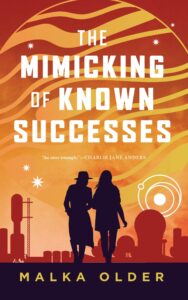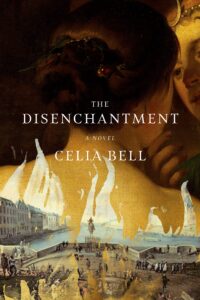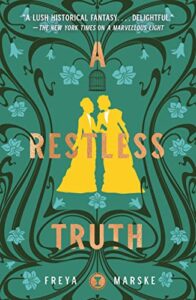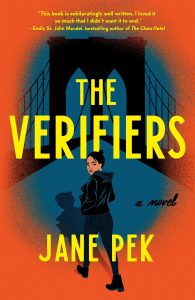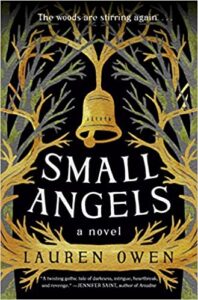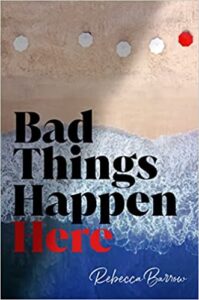What would you give up everything for? If you knew you were doomed, would you keep fighting?
In fewer than 140 pages, the award-winning Even Though I Knew the End by C. L. Polk posits these questions with a heroine whose love and determination propel her through a fast-paced investigation to catch a killer and save her soul.
Ten years ago, Helen Brandt sold her soul to the devil to revive her brother from an accident that claimed her whole family. He’s not exactly grateful to be yanked from paradise by the sister who’s been branded a warlock, but in the meantime, Helen has met the love of her life in a lesbian bar and made a living as a mystic in 1940s Chicago. Just before Helen reaches her expiration date, she’s given one last mission, with the reward being the return of her soul. While her ultimate fate is still eternal damnation, if she catches an infamous serial killer, she can live out the rest of her mortal life with Edith Jarosky.
To say more would be saying too much, but rest assured this is a story that builds on itself until the end. My favorite novellas work in perfect choreography, with no paragraph wasted and every storytelling element woven together around a central ribbon. To me, Even Though I Knew the End is one such novella. Rich in atmosphere and with a poignant thematic core, it is paced to keep the reader achingly aware of the protagonist’s countdown clock as the stakes of her mission only increase.
Helen is an intensely devoted, driven, and charismatic protagonist. The natural affection between her and Edith makes their relationship heartwarming. As revelations about Edith come to light, I do wish she got more of a chance to shine with her own contributions, especially as she is Helen’s driving force. The couple are shown to work together in perfect harmony, and I would have loved to see their teamwork demonstrated more, as well as have Edith’s character explored.
Two other characters stood out to me in particular. Without getting into spoilers, if you enjoy powerful, charismatic (and not-so-charismatic) beings in your supernatural fiction, this cast will be for you. Edith’s complicated relationship with her brother rounds out the dynamics. With a smoky atmosphere evoked in pointed descriptions, even though I know the end, this is a book I would happily revisit.
A note on the worldbuilding: This is set in a world with nonbinary angels, where being gay will not condemn you, but warlock deals and sacrilege will.
Other content warnings include death and violence as well as references to period-typical homophobia, sexism, ableism, institutionalization, and conversion therapy.
Emory Rose is a lover of the written word, especially all things whimsical, fantastical, and romantic. They regularly participate in National Novel Writing Month as well as NYC Midnight’s fiction writing challenges. They are fueled by sapphic novellas and chocolate.

